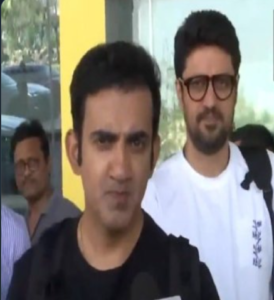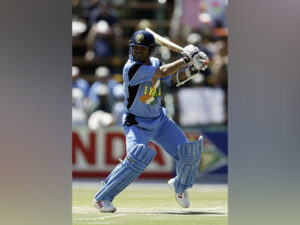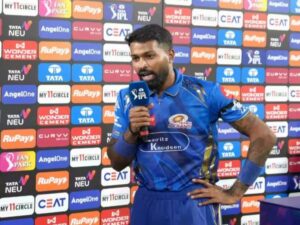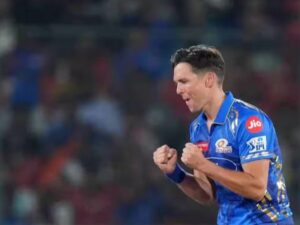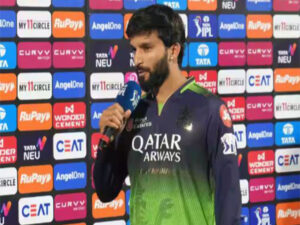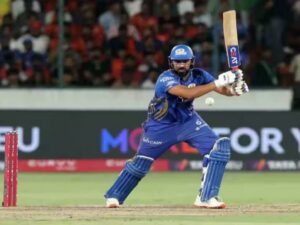Silver medal sparks medal rush for Special Olympics Bharat at World Games 2023
Berlin [Germany], June 20 (ANI): Despite the first Monday of the World Games, ticking off all the cliches about dreariness, greyness and an overwhelmingly cloudy sky offering no sun, no rain or shine, the Indian contingent found their silver lining quite literally, with the first medals from this year’s event, won by T Vishal in powerlifting.
The 16-year-old from Puducherry, won a silver in the Men’s squat (122.50kg), deadlift (155 kg), bench press (85 kg) and combined to put India on the board at the Special Olympics World Games in Berlin. Encouraged by his parents to participate in extracurriculars and sports, Vishal only really took to sports when watching the Paralympics Games. Immediately he asked his parents to find him a coach who could teach him the techniques and the essentials of the sport. Almost obsessed with it, he even scourged the Internet to find videos that would help him get better — to the point where his parents even wondered if this had become a dangerous obsession.
It was then that his father learnt about Special Olympics Bharat, and spoke to the coaches and director in the area asking if there was a way to inculcate him into the programme. Within the home though there was always resistance, his mother, a school teacher pressured by her own family to not readily accept that Vishal was a special needs athlete.
“Even now, when we discuss his results or talk to her about the fact that he is a special needs child there is often some resistance and emotion shown by her,” SO Bharat Puducherry Area Director Chitra Shah says. “We pushed her to not just embrace that but also let him come and play and enjoy sport within our programme. It would help him get better at it, while performing with his own peer group, as well as help him adjust socially.”
Vishal has delayed development and playing sports has hugely uplifted his own sense of identity, his coaches and Chitra say. Lifting massive weights — far beyond the abilities of a majority of the population — pushing the boundaries of his physical abilities has been key to helping him work with the world around him.
And now, with a silver medal around his neck, it’s the world that needs adjustment — the first coming from his mother, who burst with glee and pride when informed of his achievement via phone from Berlin.
With the tone set, several Indians also streaked into medal contention, qualifying for various finals across different sports. On the track, 800m runners Asheef Malanur (Level B), Soham Rajput (Level C) and Geetanjali Nagvekar (Level D) reached the finals of their event, while Libin Mallika Rajakumar (Level B) reached finals in 200m. The Men’s 4x400m team have also qualified for the finals.
In the pool, six of the 11 swimmers in the semi-finals made it to the final of their events. In the male section Madhav Madan (25m breaststroke, Level A and the 25m freestyle, Level A), Dinesh Shanmugam (50m breaststroke, Level B, 25m freestyle, Level A), Abdul Rahman (50m breaststroke, Level B, 25m freestyle Level A) and Tinu Moncy (25m freestyle, Level A) made it to the finals of their events.
In the women’s section, Prathna (25m freestyle, Level A) and Aleena Anthony (50m freestyle Level B), have a chance to medal in the final of their events. Anthony, Shanmugam and Rahman’s finals are scheduled for June 20th.
Several divisions events will run throughout the day, with medals up for grabs in Athletics, swimming, powerlifting, table tennis and rollerskating too.
In addition to the sporting action, the Special Olympics Healthy Athletes programme is running throughout the Games. The programme provides free health screenings, education, and training to improve the care and well-being of individuals with intellectual disabilities.
Healthy Athletes also offers healthcare professionals and students training and hands-on experience, enabling them to refine their approach to caring for and communicating with individuals with intellectual disabilities. So far, Special Olympics have trained over 300,000 individuals in 60 countries, and have partnered with over 150 universities to continue this work.

